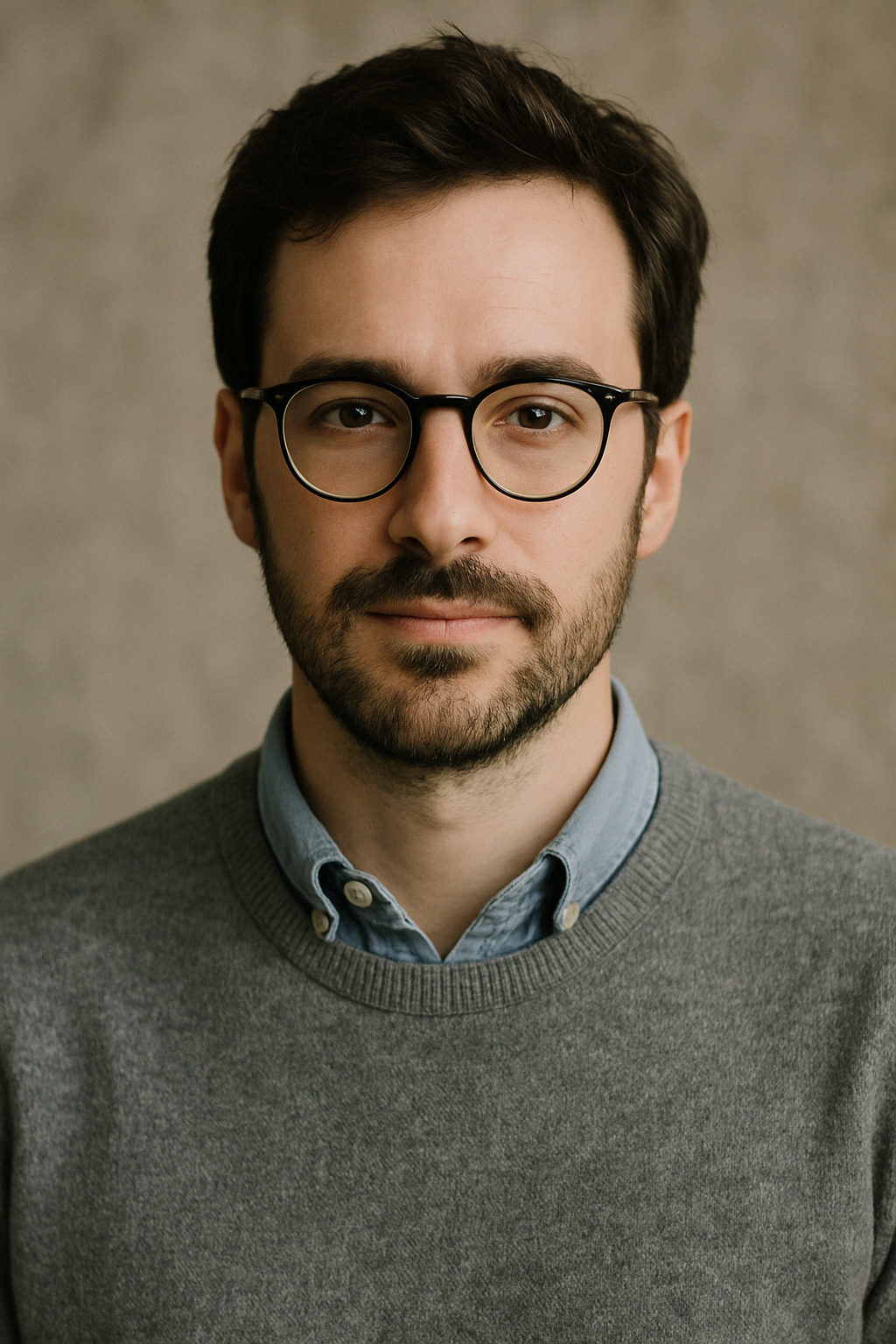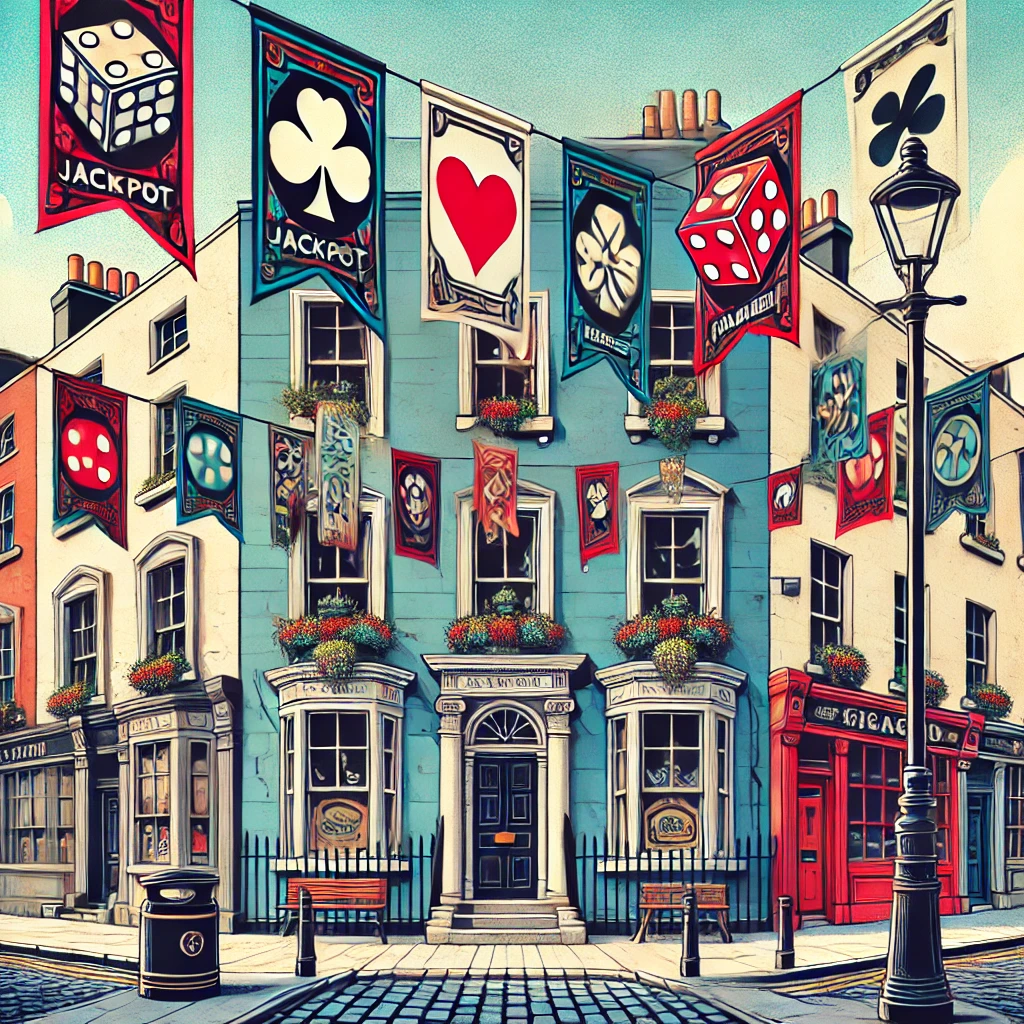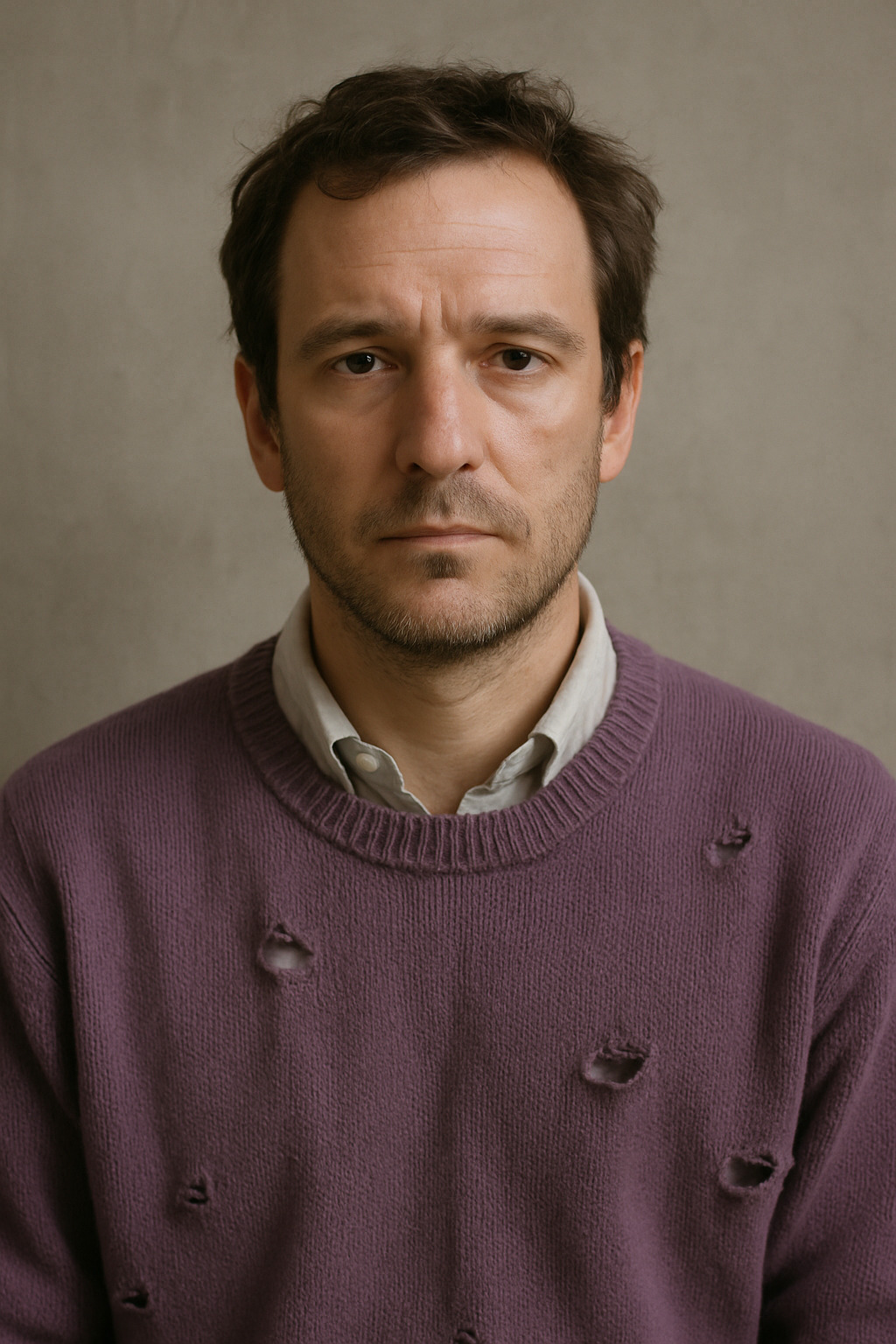
There is something distinctly Irish about the way Joe Swash’s documentary Forgotten Young Fathers has been received here. Not with outrage, not with applause, but with a kind of uneasy recognition. The conversations it triggered — in university lecture halls, at small documentary festivals, within social work networks and among those involved in family law reform — were less about the film’s craft than about the reality it quietly exposed.

By 2026, the PlayStation 5 is no longer proving itself. It doesn’t need to. The conversation has quietly shifted from what the console can do to what it now represents. This is a mature platform, shaped by years of releases, missteps, triumphs and recalibrations. The PS5 catalogue today feels less like a launch-era showcase and more like a living archive of modern game design — confident, varied and increasingly self-aware.

Franchise fatigue is often dismissed as a mood swing. Viewers are said to be “tired of the same thing,” bored, spoiled, impatient. It is a convenient explanation — because it places responsibility on the audience rather than on the system that produces and distributes culture.

Irish cities rarely change through shock. There is no single announcement, no visible breaking point. Change arrives quietly, wrapped in improvement. Streets become cleaner. Spaces more efficient. Navigation easier. Nothing appears to be lost — and that is precisely why the loss goes unnoticed. The city does not decay. It becomes optimised.

Inflation is usually framed as a story of loss. Prices rise, purchasing power shrinks, households cut back. That narrative is familiar — and insufficient. What has changed in Ireland over the past two years is not simply how much people can afford, but how they decide to spend at all. The real shift is not panic or deprivation, but a quieter and more consequential recalibration of everyday behaviour.

Markets no longer disappear when websites are shut down. They disappear when payments stop flowing. This is the lesson regulators have quietly internalised over the past decade — and the foundation of a new enforcement logic that operates faster than law and beyond borders.

For most of the last decade, B2B providers in gambling operated behind a comfortable legal fiction. Regulation applied to the licensed operator. Software vendors, payment providers, CRM platforms, and SaaS suppliers were treated as neutral infrastructure — essential, but external to regulatory accountability.

Affiliate Exposure refers to the combined regulatory, legal, and reputational risk borne by a licensed gambling operator as a result of actions taken by affiliated marketing partners, when those actions are deemed by regulators to form part of the operator’s commercial activity.

For decades, Europe operated under a stable assumption: that protection existed somewhere beyond its immediate control. Security was guaranteed by alliances. Deterrence was outsourced. Strategic risk was managed through proximity to stronger actors rather than through autonomous capacity. This arrangement was rarely articulated, but widely internalised. It shaped policy, spending, and political imagination.
That assumption is now eroding.

The most consequential change in global politics is not escalation, but the quiet disappearance of restraint. Power has not become louder. It has become less apologetic. What once required justification now proceeds through action alone, without explanation, consultation, or consensus. The shift is subtle, but structural. And it is reshaping the international order faster than most institutions are prepared to admit.

Power that expects to endure learns to limit itself.
After the point in history when unchecked ambition dismantled entire political orders, authority was deliberately stripped of spectacle. Power was broken into institutions, rules, and procedures precisely so that no single voice could dominate again. Visibility stopped being a virtue and became a liability. What looks like restraint is not hesitation, but a system designed to prevent excess before it begins.
In such systems, stability counts as success only as long as it does not demand recognition, visibility, or public confirmation of power.

For a long time, gambling advertising was built on pressure.
Pressure to click, to register, to deposit quickly. Pressure created by countdown timers, risk-free language and personalised messages designed to arrive at the most vulnerable moment. Advertising was not meant to be remembered. It was meant to convert.

For decades, Europe’s borders were defined by geography. Passports were stamped. Questions were asked. Decisions were made by people, often imperfectly, sometimes inconsistently. Today, that logic is quietly being replaced. Europe is building borders that are no longer just physical, but digital, automated, and predictive.

The phrase acting the maggot was never meant to travel far. It belongs to conversation, to tone, to context. It lives in pubs, kitchens, family arguments, and moments where behaviour matters more than explanation. Traditionally, it described someone pushing boundaries just enough to be noticed — playful, irritating, slightly out of line, but rarely malicious.

At first glance, the online casino market looks more alive than ever. New brands appear weekly. Logos change, color palettes rotate, slogans promise “something different.” To a casual observer, it feels like abundance — a thriving ecosystem of choice, competition, and entrepreneurial energy.

The Irish online casino market has become increasingly crowded, but not necessarily more interesting. Most new launches arrive dressed in the same visual language: cartoon mascots, exaggerated colours, and playful themes that blur the line between gambling and mobile gaming. Glorion Casino, which quietly launched in January 2026, takes a very different approach...

There was a time when gambling in Ireland was unmistakably social. It lived in betting shops on the high street, in the background hum of a pub on a Saturday afternoon, in the familiar rhythm of horse racing fixtures and football weekends. Even online, gambling carried the same emotional texture: anticipation, noise, bursts of excitement followed by release. It felt like play, even when it wasn’t harmless.
That feeling is fading.

The discovery of 3I/ATLAS marked a rare and scientifically significant event. Only the third confirmed interstellar object ever observed passing through the Solar System, it offered astronomers a fleeting opportunity to study material formed around another star. Yet it was not merely the object’s origin that attracted attention. After its closest approach to the Sun, 3I/ATLAS displayed a striking and counterintuitive feature: a bright structure extending toward the Sun, visually resembling a tail pointing in the “wrong” direction.

The deep ocean remains one of the least explored environments on Earth. Just a few hundred meters below the surface, sunlight fades rapidly, and beyond a thousand meters it disappears almost entirely. In this cold, high-pressure world of near-total darkness, survival depends on extreme specialization. One of the most striking examples of this evolutionary precision is the telescopefish.

At first glance, Antarctic ice water looks like the purest drink imaginable. Frozen for thousands — sometimes millions — of years, far from cities, factories, and modern pollution, it feels like nature’s untouched original. Some travelers even melt glacier ice to taste what they believe is Earth’s most pristine water.

For decades, immunology lived with a paradox it could describe but not fully control. The human immune system is powerful enough to destroy viruses, bacteria, and even emerging cancer cells — yet restrained enough, most of the time, to avoid attacking the body itself. When that balance fails, the consequences are devastating: autoimmune diseases, transplant rejection, chronic inflammation, and in some cases, fatal systemic collapse.

How Geography, Strategy, and Radical Preparedness Made It Nearly Untouchable**
European history is written in wars. Borders were drawn by force, empires rose and collapsed, and geography often determined who survived and who disappeared. Against this background, Switzerland appears almost anomalous. While much of the continent was repeatedly torn apart by conflict, Switzerland preserved its territory, avoided occupation, and remained largely untouched by the great wars of modern Europe.

For years, Anti-Money Laundering was treated as an inconvenience — something operators tolerated, regulators glanced at, and players never saw. That fiction ended. In 2026, AML is no longer a function or a formality. It is the backbone of the gambling industry. It decides how money moves, when it stops, how users are classified, and who is quietly pushed out of the system. What once lived in the background now governs the game.

Affordability Checks have become the most disputed instrument in contemporary gambling regulation. More than any other control mechanism, they expose the fault line between player protection, platform liability and commercial sustainability. Where earlier regulatory tools focused on legality, affordability focuses on proportionality — not whether gambling is permitted, but whether continued play remains defensible.